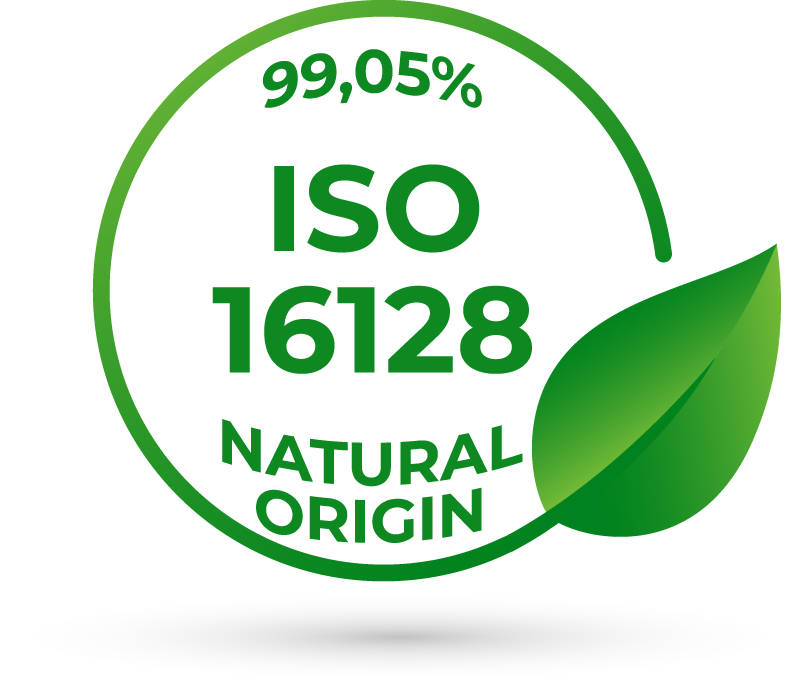Ultimate dental care for dogs: All about dog toothpaste
Dog toothpaste: The best dental care for your dog
Introduction
Dogs are more than just loyal companions – they are family members who enrich our lives with joy and loyalty. One essential measure to promote the health and well-being of your four-legged friend is dog dental care. A common question among dog owners is: How important is dog toothpaste? Consistent dental hygiene can prevent not only dental disease but also serious health problems. In this article, you’ll learn everything you need to know about dog toothpaste, its ingredients, pros and cons, and which type of dental care (oil or cream) is best for your dog.
Why is dental care important for dogs?
Inadequate dental care can lead to serious health problems in dogs. The most common complaints include
- Tartar: Hardened plaque that can damage the gums and cause inflammation.
- Gum disease: Inflammation of the gums, which can lead to pain, swelling and tooth loss.
- Systemic diseases: Poor dental hygiene can increase the risk of heart disease and kidney disease, as bacteria from the mouth can enter the bloodstream.
Regular dental care, ideally with the right dog toothpaste, is crucial to maintaining your dog’s oral health.
What is dog toothpaste?
Dog toothpaste has been specially developed for the dental hygiene of dogs. It contains ingredients that are safe for your dog’s oral flora. This toothpaste helps to remove plaque and tartar and provides fresh breath. Important: Never use conventional toothpaste for humans, as this contains dangerous ingredients that are toxic to dogs.
What should you look out for in dog toothpaste?
When choosing the right toothpaste for dogs, you should pay attention to a few important points:
- Ingredients: Avoid toothpastes with harmful ingredients such as xylitol or fluoride, which are toxic to dogs. Check the ingredients list carefully.
- Flavor: Dogs are often picky when it comes to flavor. Choose a toothpaste in a flavor that your dog likes, such as chicken, beef or mint. This will make dental care more pleasant for him.
- Consistency: The toothpaste should be easy to apply and stick well in your dog’s mouth. A creamy texture is often the most pleasant.
- Veterinary recommendations: Consult your veterinarian to find the best dog toothpaste for your dog. Vets can often recommend products specifically designed for certain breeds or age groups.
Ingredients: advantages and disadvantages of dog toothpaste
The ingredients of dog toothpaste can vary greatly. Here are some common ingredients and their pros and cons:
1. enzymes
Benefits: Enzymatic toothpastes help to break down plaque and tartar and promote the natural cleaning of teeth. Disadvantages: Some dogs may be sensitive to enzymatic toothpastes, which can cause stomach upset. It is important to monitor your dog’s reaction to a new toothpaste.
2. natural ingredients
Advantages: Toothpastes with natural ingredients, such as coconut oil or baking soda, are gentler on the stomach and effectively remove plaque. Many dog owners also appreciate the environmental friendliness of such products. Disadvantages: These products may be less effective against tartar buildup, especially if the tartar is already set.
3. antibacterial agents
Advantages: Antibacterial agents reduce the growth of harmful bacteria and lower the risk of gum disease. Disadvantages: Excessive use can lead to dysbiosis of the oral flora, which can impair the mouth’s natural protective mechanism.
4. flavorings
Advantages: Flavorings make toothpaste more appealing to dogs and promote acceptance of dental care. Disadvantages: Some artificial flavors can cause allergies. Make sure you choose products that contain as few artificial additives as possible.
The best dental care for dogs: oil or cream?
A common question among dog owners is whether to use dog toothpaste in the form of oil or cream. Both variants have their advantages and disadvantages, which you should weigh up:
1. oil
Vorteile:
- Natural ingredients: Many oils are purely natural and can gently contribute to dental hygiene. Coconut oil, for example, is known for its antibacterial properties.
- Easy to use: Oils are easy to apply and can also be integrated into food, making dental care more pleasant for your dog.
Nachteile:
- Less effective plaque removal: Oils do not remove plaque as effectively as special toothpastes. They should rather be seen as a supplement to dental care.
- Slippery consistency: Some dogs find the application unpleasant, as the slippery consistency does not suit every dog.
2. cream
Vorteile:
- Targeted action: Creams are often more effective at removing plaque and tartar. They adhere better to the teeth and enable thorough cleaning.
- Variety of flavors: There are many flavors your dog might like, which increases acceptance.
Nachteile:
- Artificial ingredients: Some creams contain artificial ingredients that may not be suitable for all dogs. It is important to check the ingredients before buying.
- Application: It can be a little more difficult to use as your dog may not take to it straight away.
Tips for your dog’s dental care
Here are some helpful tips to optimize dental care for your dog:
- Familiarization: Slowly get your dog used to dental care. Let him try the toothpaste first to arouse his interest.
- Toothbrush: Use a special toothbrush for dogs or finger cots. These are soft and gentle on the gums.
- Regularity: Brush your dog’s teeth at least twice a week. Ideally, you should incorporate tooth brushing into your dog’s routine.
- Rewards: Reward your dog after brushing his teeth to make the experience a positive one. A small treat or a few strokes can work wonders.
- Vet visits: Schedule regular visits to the vet to check your dog’s dental health. Your vet can give you valuable tips and recommend any necessary professional dental cleanings.
Conclusion
Dental care for dogs is an important aspect of general health. With the right dog toothpaste, you can prevent dental diseases and other health problems. Pay attention to the ingredients and the pros and cons, and decide whether oil or cream is more suitable for your dog’s dental care. With the right care and regular check-ups, you can ensure that your dog leads a healthy, happy life – and with a strong set of teeth!
Additional resources
Here are some useful links to German resources that may help you:
-
- The Kennel Club – Information about dogs, care, and health.
- RSPCA – Tips for dog training and care, including dental hygiene.
- PetMD – Expert articles on dog dental care and recommended products.








